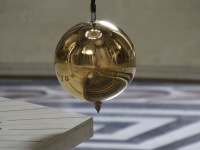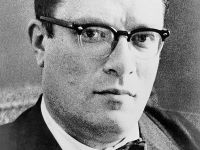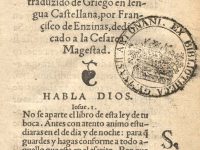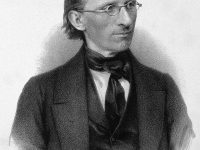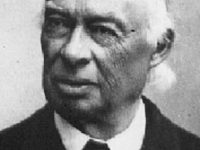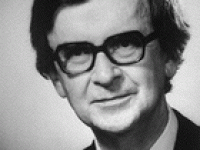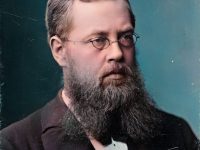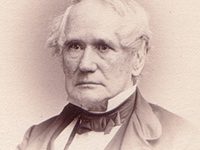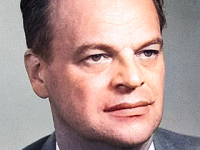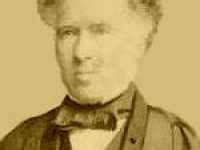Leon Foucault demonstrating the Effect of the Earth’s Rotation
On January 3, 1851, French physicist Leon Foucault started to experiment with his eponymous pendulum, by which he was able to prove the earth‘s rotation. Actually, how can you prove that the earth is a rotating orb in an easy-to-see experiment and – of course – without spaceflight? By today, Foucault’s simple device is part of numerous natural science museums around the world. The Pendulum Ok, how does Foucault’s pendulum work? The apparatus consists of a…
Read more

